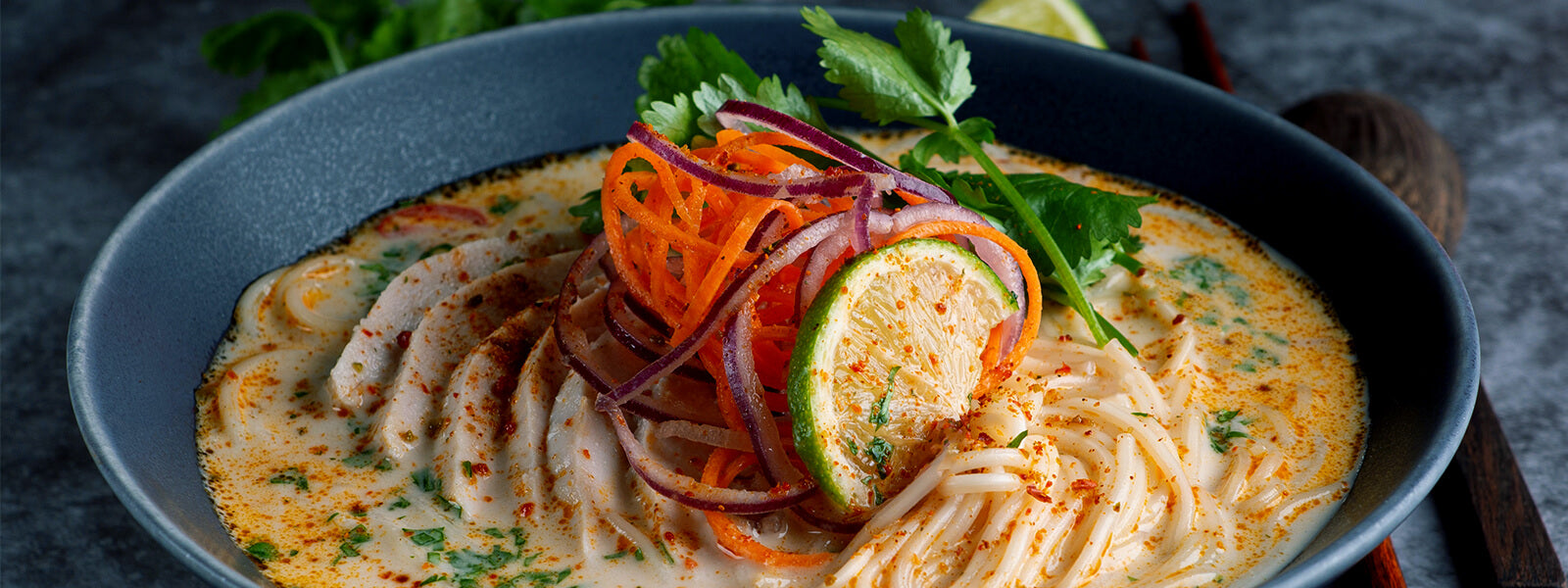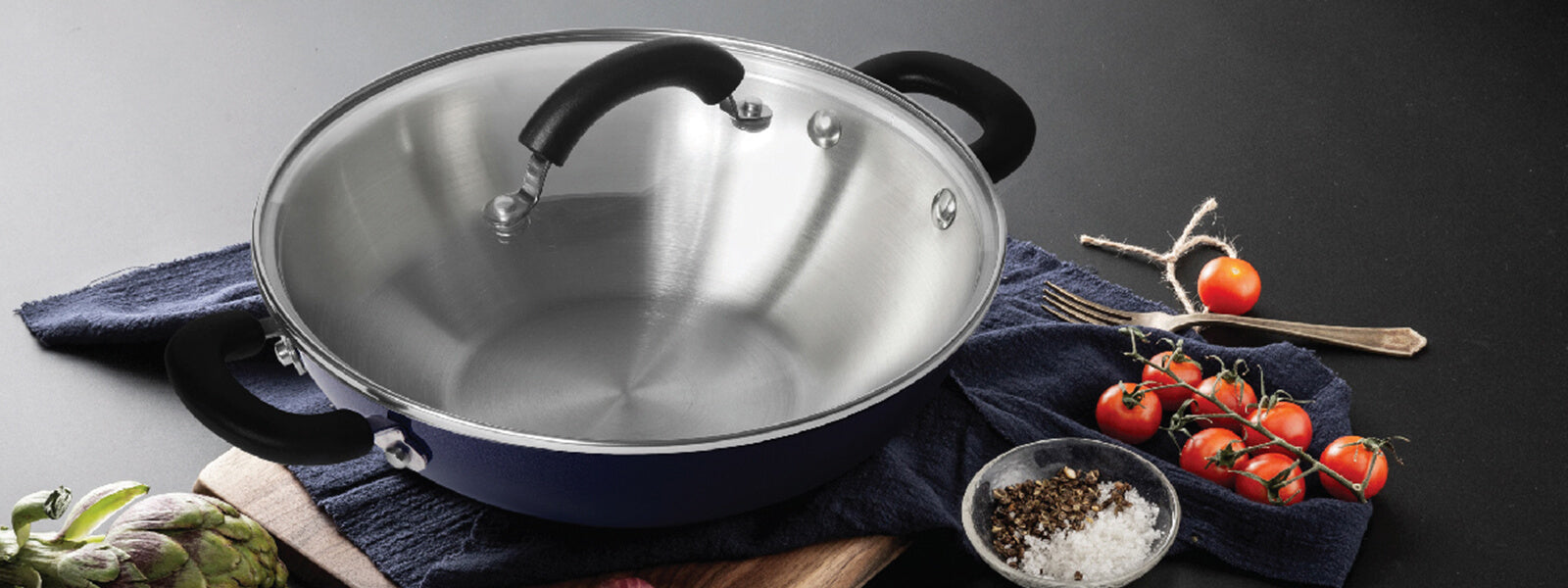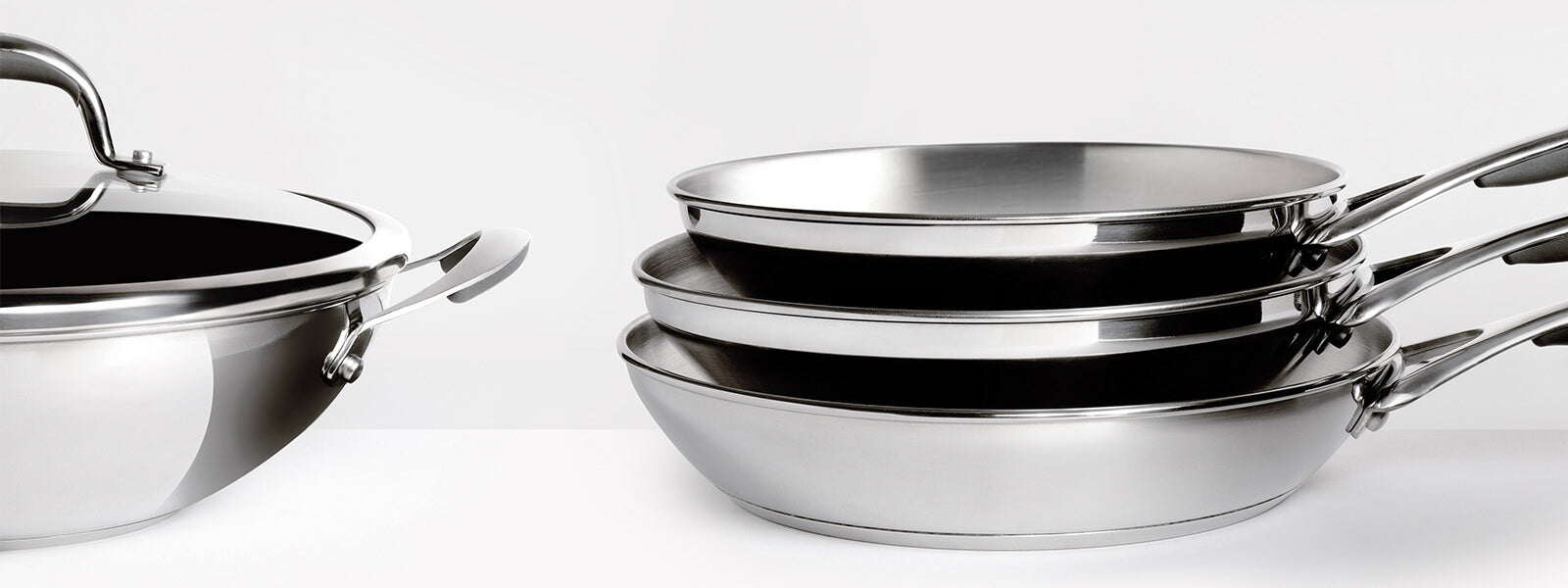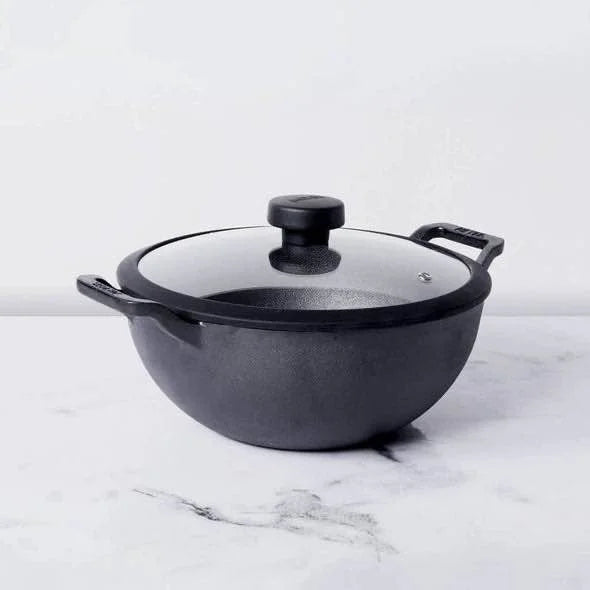The secret spice that gives many western continental dishes an extra kick of flavour is paprika powder, which is highly rich, brightly red, somewhat smokey, and fragrant. However, you may not be aware that this flavorful ingredient goes well with many common Indian foods, including dals, soups, sambhars, and bhartas.
As a matter of fact, classic Indian dishes benefit greatly from the addition of paprika powder, which gives them a subtle sweetness and an attractive scarlet colour.
Paprika powder is a relatively new addition to Indian spice racks and kitchen cabinets, but it is a common condiment in many Western nations, where it is prized not only for its delicious flavour but also for the high nutritional content and several health advantages it provides.
Table of Contents
What is Paprika?
- Paprika is a ground spice that originates from a combination of several dried peppers from the Capsicum annuum family, such as chilli peppers, cayenne peppers, poblano peppers, aleppo peppers, and sweet peppers. The flavour, intensity, and colour of this bright red spice all change based on the peppers that were used to create it.
- Some paprikas are particularly scorching, with flavours reminiscent of chilli peppers. Some are mild and savoury, while others are gentle and sweet. Paprika's spiciness may be quantified on the scoville heat unit scale, which takes into account the amount of delicious carotenoids present in the fresh peppers used to make the powder.
- Paprika was first grown in central Mexico and then exported to Spain in the sixteenth century, from there it spread to other parts of Europe.
How is paprika made?
- Dry capsicum fruits (bell peppers) are ground into a fine powder to make paprika, which has a reddish colour and a smooth texture.
- Sweeter taste varieties of the Capsicum annuum plant are utilised to create paprika powder. Moisture is removed by either sun drying them or dehumidifying them in processing equipment. Paprika powder is made by grinding these dried fruits into a fine powder.
- Many European countries sell paprika powder in varying colours of red, from a mild light orange to a medium spicy vibrant red and a scorching hot yellowish-brown, denoting the spice level.
Nutritional value of paprika:
- Paprika powder has a remarkable nutritional profile, since it is minimal in calories, has no salt, and is cholesterol free. Besides being low in saturated fat and high in vitamins C, A, B6, and E, which all have healing benefits, it also lacks saturated fat.
- Calcium, magnesium, iron, potassium, magnesium, phosphorus, and zinc are just some of the essential elements found in abundance in paprika. Further, it is loaded with cytoprotective polyphenolic components as flavonoids, catechins, rutin, tannins, and anthocyanins.
Varieties of Paprika:
Hot paprika, sweet paprika, and smoked paprika are the three most common types of the spice, however there are many more subtypes.
Here are the three types of paprika:
Regular paprika: This variety's mild taste, which lacks any discernible spiciness or sweetness, makes it a wonderful addition to cold meals like hummus, potato salad, and deviled eggs.
Hungarian Paprika: Paprika, a staple in Hungarian cooking and eight different kinds of paprika used in Hungarian cooking, each with its own unique flavour and level of spiciness. Noble Sweet (Edesnemes) is a brilliant red, somewhat pungent variation that is the most popular and exported kind. Delicate, rose, semi-sweet, powerful, and unique quality are only some of the several varieties of Hungarian paprika.
Spanish paprika: Also known as pimenton, this variety comes in mild, medium, and hot versions and is often made from chilli peppers that have been dried over oak fires (pimenton de la vera), giving it a smoky taste. Some Spanish paprika, however, is dried in the sun or in kilns and doesn't have a smokey flavour at all.
Health benefits of Paprika:
- Aids in digestion
Paprika's powerful stimulant qualities cause the stomach to secrete more acid, controlling hunger and minimising compulsive snacking. Paprika helps in the prevention of obesity and diabetes by stimulating the production of saliva quickly after eating. In addition, it speeds up the transit time of both processed and unprocessed food particles through the digestive tract, which helps alleviate constipation. Intestinal illnesses including inflammatory bowel disease and ulcerative colitis are less likely to occur due to the protective effects of paprika.
- Strengthens Defensive Capabilities
Paprika contains a notable amount of vitamin C, a powerful antioxidant that is essential for maintaining healthy immune function. In addition to its flavour, paprika is beneficial because it contains the powerful antioxidant rutin, which has anti-inflammatory and anti-microbial properties. Adding a little paprika powder to everyday foods like dal and soups can help the body's immune system do its job and stave off nasty illnesses like the flu.
- Repairs and improves skin
Paprika contains high concentrations of the vital trace mineral zinc, which helps injured tissues repair by contributing to the production of collagen. Catechins, the antioxidants found in paprika, are particularly potent in their ability to slow down the ageing process and revitalise the skin's texture. In addition, the beta carotene in this spice helps reduce the look of wrinkles, sagging skin, and age spots for skin that always looks radiant and fresh.
- Improves Bone Health
Paprika powder strengthens the body's connective tissues since it is rich in phosphorus, a trace mineral necessary for preserving bone structure and stiffness. Incorporating only a pinch of this spice into your daily diet can protect against debilitating bone diseases like osteoporosis and arthritis. Phosphorus regulates calcium uptake in tooth tissue, helping to keep jawbones and gums healthy.
- Protects Nervous System
Packed with powerful plant-based antioxidants, paprika has been shown to have neuroprotective effects on brain cells. Neurons, the specialised cells in the brain, are shielded from harm by the phenolic chemicals of the anthocyanin class. So, including paprika powder into daily meals is helpful in lowering the risk of developing neurological diseases like Alzheimer's.
- Aids the Heart's Performance
Paprika powder, which is rich in vitamin E and omega-3 fatty acids, has been shown to drastically lower blood levels of harmful LDL cholesterol and triglycerides. Additionally, paprika helps reduce blood pressure and relax the arteries, protecting against atherosclerosis and other serious heart conditions. Its high concentration of the antioxidant anthocyanins is responsible for this.
- Helps Avoid Cancer
Paprika's polyphenolic antioxidants are particularly effective at reducing cancer risk. These chemicals serve their cytoprotective purpose by preventing dangerous free radicals from oxidising healthy cells in key organs including the kidney, liver, and bones. In turn, this stops cancer by preventing healthy cells from entering an unchecked proliferative pathway.
- Supports Better Eye-Hand Coordination
Paprika powder is rich in vitamin A-related phytonutrients called carotenoids, so even a small amount of this condiment added to foods like salads, soups, and dals can have significant benefits for eye health. The high levels of antioxidants lutein, zeaxanthin, and beta-carotene in this fiery spice improve the function of the optic nerve, retina, cornea, and lens, and reduce the likelihood of developing age-related macular degeneration, glaucoma, and cataracts.
- Promotes Healthier Blood Flow
Paprika's high iron content helps deliver oxygen and nutrients to cells throughout the body. Iron is a crucial trace mineral for making new, healthy red blood cells. Vitamin C, which is abundant in paprika, helps increase the body's ability to absorb iron, preventing the iron deficiency anaemia that leads to extreme weariness, sluggishness, and a loss in mental health.
- Antidotes for Sleeplessness
Paprika powder is loaded with vitamin B6, also known as pyridoxine, which is a powerful nutrient that affects neurological functions and controls brain activity for the better. It helps the body produce melatonin, the hormone that triggers sleep, which means it may be used to treat insomnia and encourage regular, undisturbed sleep patterns. Adding a pinch of paprika powder to your evening salads and curries can help maintain the activity of the feel-good neurotransmitter serotonin, which has been shown to improve mood, reduce stress, and ease depression.
Conclusion:
Paprika powder adds a delicious flavour to foods and a brilliant, appetising scarlet colour to gravies and soups, and it also provides several advantages for general health. Paprika powder health benefits may be realised through the incorporation of even small amounts into daily meals due to its low calorie value, cholesterol and saturated fat content, and abundant reserves of beneficial antioxidants, important vitamins, and minerals.











Leave a comment